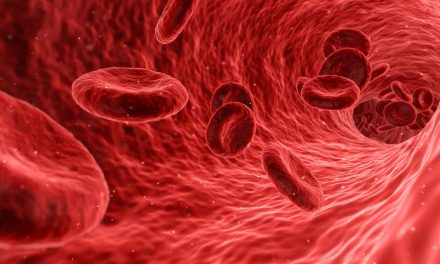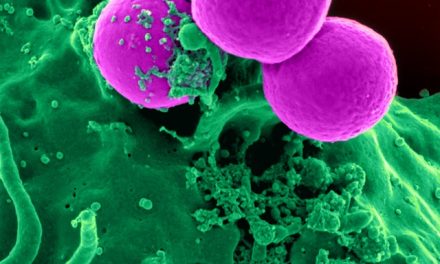Anaphylaxis is a severe allergic reaction that can be life-threatening. It occurs when the body’s immune system overreacts to a substance that it is allergic to, such as food, medication, or insect venom.
Symptoms of anaphylaxis can develop quickly and may include:
- Difficulty breathing or shortness of breath
- Swelling of the face, lips, or tongue
- Chest tightness or pain
- Rapid or weak pulse
- Confusion or anxiety
- Nausea or vomiting
- Skin rash or hives
Anaphylaxis is a medical emergency and requires immediate treatment. If you or someone you know is experiencing anaphylaxis, call 911 or your local emergency number immediately. Treatment may include medications such as epinephrine (adrenaline) and antihistamines, as well as oxygen and other supportive care measures.
It is important for people who are at risk of anaphylaxis to carry epinephrine with them at all times and to know how to use it in case of a severe allergic reaction. If you have a history of allergies or have been told by a doctor that you are at risk of anaphylaxis, it is important to discuss a plan with your healthcare provider to manage your allergies and prevent severe reactions.




